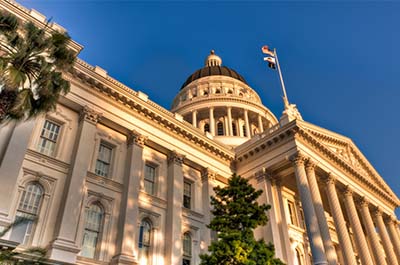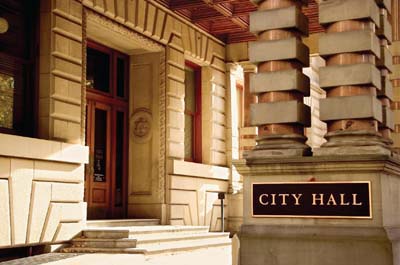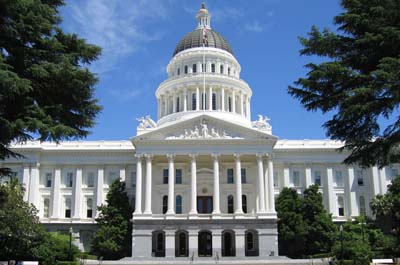California lawmakers have approved a budget trailer bill that imposes new obligations on public sector employers related to deducting union dues and fees from workers' paychecks.
In a 5-4 decision, the United States Supreme Court has held that non-union public employees may no longer be required to pay mandatory agency fees on the grounds that such fees violate the First Amendment. In so holding, Janus v. AFSCME reverses 40 years of legal precedent.
Overturning a longstanding precedent, the United States Supreme Court has held in Janus v. AFSCME that public employees may not be compelled to pay mandatory agency fees, or "fair share" fees, to public-sector unions, because such fees violate the First Amendment.
New requirements for using federal funds become effective this coming fiscal year. The requirements apply to non-federal entities such as school districts, institutions of higher learning, and state and local governments.
On June 4, 2018, the United States Supreme Court decided theMasterpiece Cakeshop v. Colorado Civil Rights Commission case in a 7-2 decision. While this case had the potential to provide new guidance on the complex intersection between the rights of LGBTQ+ individuals and the rights of individuals to religious freedom, Justice Anthony Kennedy's opinion is narrow and leaves many qu
The Ninth Circuit ruled in Rizo v. Yovino that using an employee's prior salary as a basis for establishing their initial salary is a violation of the federal Equal Pay Act.
A school district consultant's services agreements may be void under Government Code section 1090, even though the consultant is not an officer or employee of the school district.
In Knight First Amendment Institute at Columbia University, et al. v. Donald J. Trump, et al., the United States District Court for the Southern District of New York ruled that President Donald J. Trump's act of blocking Twitter users who criticized his policies from the @realDonaldTrump Twitter account violated the users' right to free speech.
Many school districts throughout the state have recently received one or more California Public Records Act (CPRA) requests from the California Taxpayers Action Network (CalTAN) and the Carlin Law Group regarding lease-leaseback (LLB) transactions.








